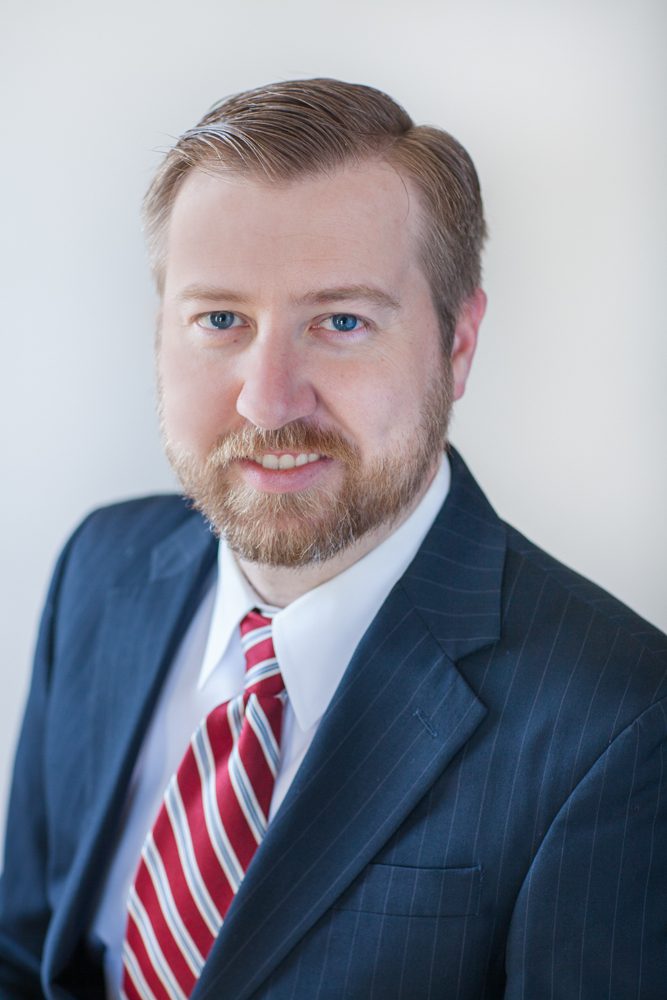Last week, the Supreme Court heard oral arguments in a case that could significantly impact public sector unions and employees in many areas of the country. The case, Friedrichs v. California Teachers Association, was brought by ten nonunion teachers in California who object to paying what are variously called agency fees or fair-share fees to unions that represent them.
Like private employees, public employees can organize and form or join labor unions. When a union is elected to represent employees public or private they are required to represent and bargain on behalf of all those employees; regardless of whether they are union members or supporters. A long-standing corollary to the unions obligation to represent all employees is that represented employees even those who arent union members or supporters are required to pay agency fees or fair-share fees that cover the cost of the services the union provides. The justification for permitting such fees has been that since non-union employees enjoy the benefits of union-negotiated collective bargaining agreements and representation, they should have to pay their fair share of those costs.
In the context of public employees, such fees have been controversial because of First Amendment concerns. The concern is that because unions use some of the money provided by those they represent for political purposes, a public employee may be forced to pay fees to a union that would support political causes or candidates they oppose. In a 1977 decision, Abood v. Detroit Dept of Education, the Supreme Court attempted to balance the tension between requiring nonunion public employees to pay their fair share and First Amendment concerns by holding that public employees could only be compelled to pay fees related to the cost of their representation, but could not be required to pay fees that went to non-representational political causes or candidates.
But the balance struck by Abood has been criticized, and the nonunion teachers in Friedrichs are asking to have it overturned. The Friedrichs plaintiffs argue that even the payment of fees to a union for collective bargaining violates the First Amendment because the issues involved in such bargaining increased teacher pay, teacher tenure and discipline, etc. are themselves matters of public concern and that the unions use of their fair share fees requires them to fund positions with which they disagree. Supporters of the Abood approach argue that overruling it would permit the free riding Abood attempted to avoid and severely undermine the bargaining power of public sector unions.
The Friedrichs case is also significant because of the size and role of public sector unions in politics today. While only about six percent of private sector employees are union members a precipitous drop from the historic high of almost 40 percent half-a-century ago public sector union membership has continued to grow to the point that now, over thirty-five percent of public sector employees are union members. Public sector unions for teachers, firefighters and police are now among the strongest labor organizations in the country, annually contributing millions to political candidates and causes. The Supreme Courts decision in Friederichs may well alter the continued trend toward public sector unionization and the growing power of public sector unions in local, state and national politics.
The St. Louis employment attorneys at McMahon Berger have been representing employers across the country in labor and employment matters, including all aspects of discrimination and harassment litigation, for nearly sixty years, and are available to discuss these issues and others. As always, the foregoing is for informational purposes only and does not constitute legal advice regarding any particular situation as every situation must be evaluated on its own facts. The choice of a lawyer is an important decision and should not be based solely on advertisements.
